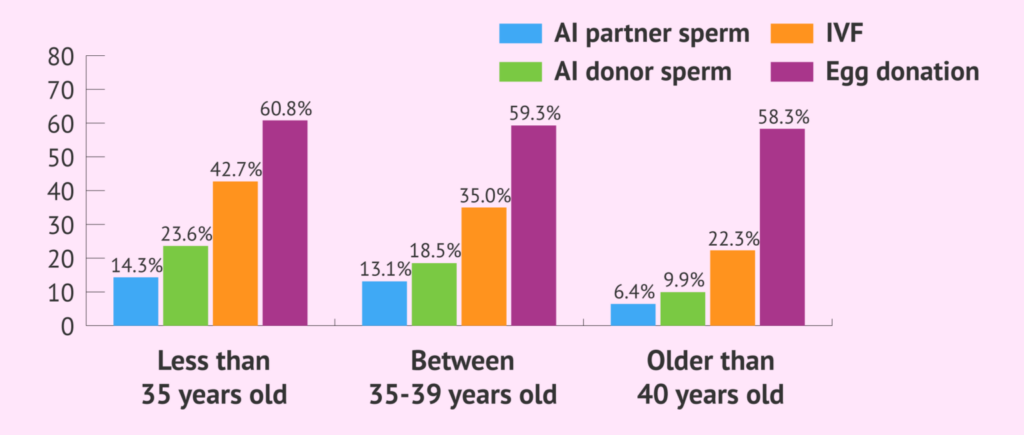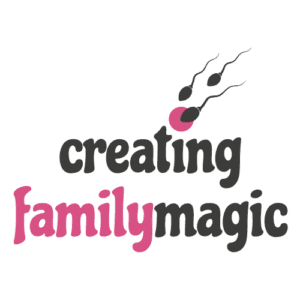“It’s No Use with Your Eggs Anymore.” Why You Shouldn’t Give Up on Becoming a Mum Too Quickly

Ever feel like everyone around you is getting pregnant, except you? You’ve tried everything: pills, injections, even a stint at a fertility clinic.
Yet, your dream baby remains just that—a dream.
Doctors, with their less-than-encouraging statistics based on your age, aren’t helping either. Financially, you’re feeling the pinch and wondering if fertility treatments are even worth it anymore. Should you look into other options?
After all, there are plenty of children who need loving homes. Is that your path?
Hold on a second!
Your desire for a child is real, and it’s there. Even if you’re open to fostering or adoption, you don’t have to give up on the idea of having a biological child just yet.
Let’s explore two ways you might fulfill your dream of becoming a mum faster than you think—even if getting pregnant or staying pregnant has been tough so far.
Here’s a peek at two options: Preimplantation Genetic Diagnosis (PGT-A) with your own eggs and egg donation.
Getting Pregnant with Your Own Eggs, Thanks to PGT-A
Before diving into the wonders of Preimplantation Genetic Diagnosis (PGT-A), let’s see how this method can improve your chances of getting pregnant.
PGT-A allows embryos to be genetically tested before being transferred to the uterus. Now, we all know that a woman’s eggs age with her. For example, a study by Tejada et al. found that about 28.7% of eggs from women aged 23 to 40 had chromosomal abnormalities. These abnormalities can lead to miscarriage or conditions like Down syndrome, with the risk increasing significantly as women age.
Here’s where PGT-A comes in. It’s a reliable method to identify embryos with genetic issues before transfer, which can significantly boost your chances of a successful pregnancy. Although it’s restricted in Germany, many European countries, like Portugal, offer it as a standard procedure.
The Cost and Process of PGT-A
PGT-A in Germany can cost between €2,000 and €5,000, plus an ethics committee review fee of up to €1,500. Meanwhile, in Portugal, it’s less costly and less bureaucratic. You’re eligible for PGT-A if you’re 39 or older, have had multiple IVF/ICSI failures, recurrent miscarriages, or a previous pregnancy with chromosomal anomalies.
🇩🇪 Click here for the German version of the article: Die wichtigsten FAQs zur PID in Portugal
Egg Donation: Getting Pregnant with Donated Eggs
Now, let’s talk about egg donation.
Though there’s a push to legalize egg donation in Germany, the process could take years to implement fully. Meanwhile, many head abroad, where egg donation is a legal and accepted practice.
Success Rates and Statistics for Egg Donation
Egg donation involves using eggs from a donor to help women who can’t conceive with their own. Donors are typically younger women, leading to higher success rates. According to the Spanish Fertility Society, the pregnancy rate with donor eggs is 58.3% compared to 22.3% with own eggs for women over 40. The age of the recipient doesn’t matter as much as the health and age of the donor’s eggs.

🇩🇪 Click here for the German version of the article: Die wichtigsten FAQs zur Eizellspende in Portugal
What This Means for You
After all this information, you might wonder if either option is right for you, what steps to take, how long it will take, and the costs involved.
So, take a deep breath and remember, your journey to motherhood isn’t over yet. Explore these options, consider what’s best for you, and keep your dream alive.
Do you have more questions about PGT-A, egg donation, bmbryo Donation, or IVF in Portugal? Drop us a line.
And don’t forget to mention the code WEBINAR HANNASCHILLER in your email, when you’re considering fertility treatment at Ferticentro in Portugal and want to benefit from additional perks.
